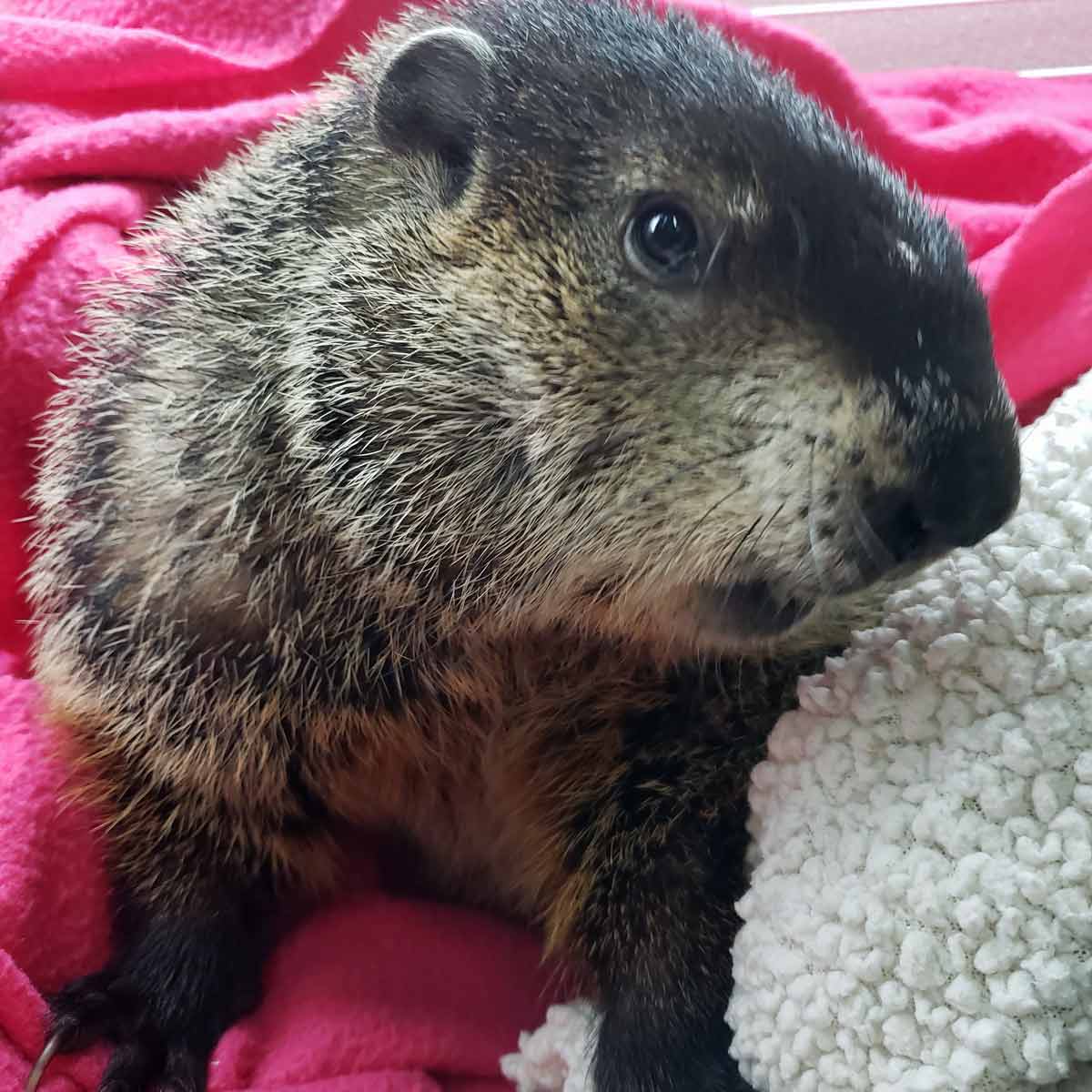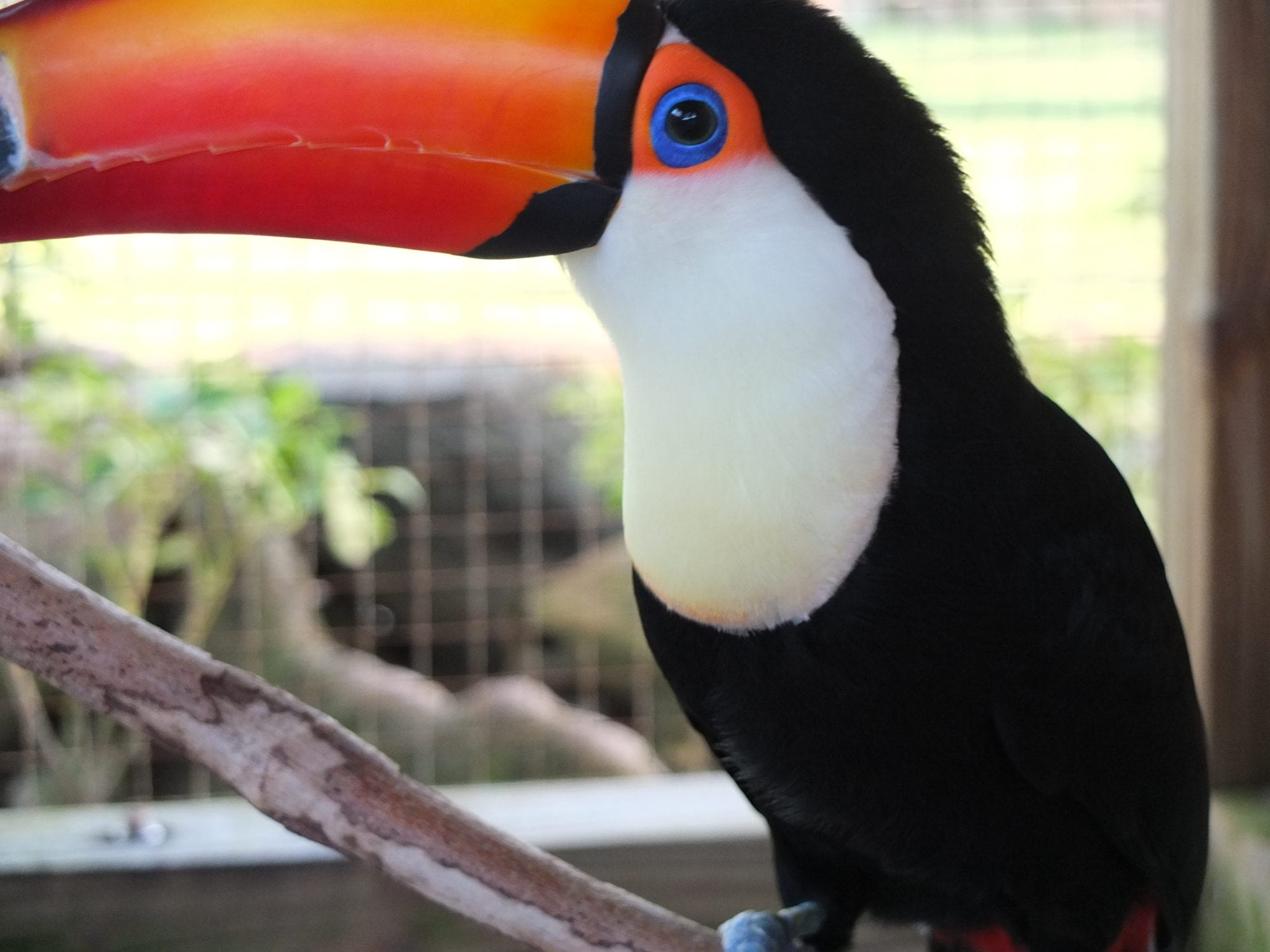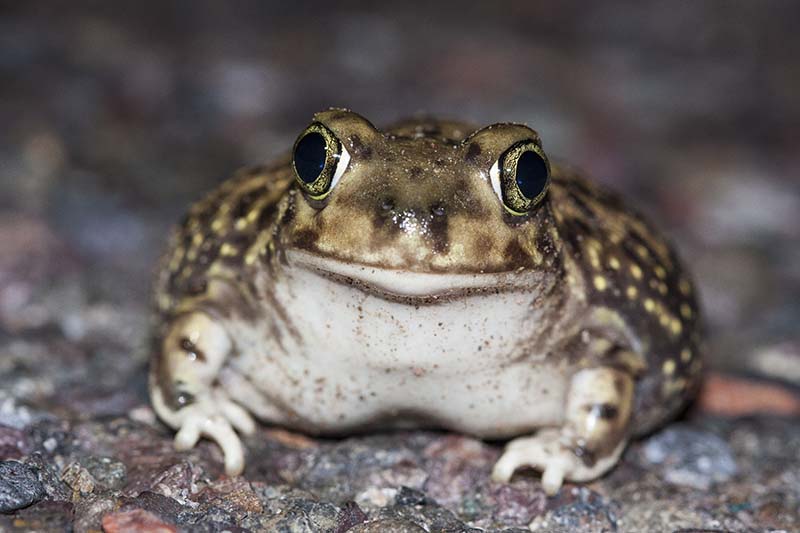Dog owners certainly feel immense love for their canine companions. But do our furry friends actually feel love in return? Science indicates dogs do experience love and attachment thanks to brain chemistry and social bonding mechanisms. Understanding how dogs love enriches our relationships with them.
Do Dogs Have the Same Emotions as Humans?
Dogs may not experience the full spectrum of human emotions, but research confirms they do feel basic emotions similarly to humans. Dogs produce the same hormones oxytocin, dopamine, serotonin, prolactin and endogenous opioids that create feelings of love, happiness, comfort and emotional bonding in people. These chemical reactions occur in dogs’ brains in response to positive family interactions.
How Does a Dog’s Brain Process Love?
Brain imaging reveals dogs’ reward centers light up when exposed to familiar human scents the same way human brains react to seeing beloved individuals. This suggests dogs do feel love and attachment via emotional processing in the limbic system:
- Oxytocin and dopamine release create bonding and satisfaction.
- Lowered cortisol indicates relaxation and comfort.
- Activation of pleasure center neurons produces contentment.
- Release of endogenous opioids elicit feelings of euphoria and reward.
So while dogs may not conceptualize love identically to humans, their neurochemistry still produces feelings of affectionate connection and loyalty.
Do Puppy Kisses Mean Love?
Those sloppy puppy kisses certainly convey affection! When dogs lick familiar individuals, oxytocin is released enhancing social bonding and trust. Pups likely discover licking and touching elicits positive reactions from you, and it satisfies their inherent need for contact and comfort. So while their kisses may seem overly exuberant, understand it signals your pup is forming a profound attachment.
How Do Dogs Display Love?
Dogs show love through proximity, physical contact and displays of allegiance. Behaviors communicating devotion include:
- Greeting with exuberant tail wags and face licking.
- Snuggling up happily next to you.
- Gazing at you adoringly for prolonged eye contact.
- Obeying commands promptly to please you.
- Guarding or defending you from perceived threats.
- Howling or waiting anxiously by the door when you leave.
Dogs evolved expressive ways to demonstrate their social loyalty and strong family ties.
Why Do Some Dogs Love Their Owners So Much?
That unmistakable joy dogs display upon their person’s arrival stems from the same brain system that produces feelings of love in new human mothers. When dogs bond strongly with their primary caretakers, the hormone oxytocin is released, triggering loving, protective parental-type behaviors. Dogs viewing owners as family experience secure attachment and satisfaction. Their “velcro dog” tendencies are a sign of wholesome devotion.
Do Shelter Dogs Bond and Love As Deeply?
Yes, dogs adopted from shelters or with uncertain histories absolutely have full capacity to form profound bonds and love their people. Despite past neglect or abandonment, dogs are incredibly resilient. Once shown consistent gentle care in a stable home, rescued dogs often become intensely attached out of gratitude. Love, patience and compassion allow shelter dogs to love as unconditionally as any beloved companion.
How to Know Your Dog Loves You
Dogs communicate love through body language and behaviors:
- Staying close to you voluntarily
- Displaying excited greetings and tummy rolls
- Gazing adoringly into your eyes
- Licking and nuzzling happily
- Sleeping contently with paws on you
- Learning commands eagerly to please you
- Relaxing fully in your presence
The more behaviors conveying security and togetherness you observe, the deeper your dog’s loving bond with you likely is.
Conclusion
While dogs may not feel the full complexity of love that humans do, science confirms our canine companions do experience loving feelings and strong social bonds with family. They express devotion in their own ways through loyalty, physical closeness, obedience and displays of affection. So rest assured when your dog greets you excitedly or snuggles up blissfully next to you – they really do love you back!
Frequently Asked Questions About Dogs Feeling Love
Do some dogs love their owners more than other dogs?
Yes, dogs often form particularly strong bonds and love towards primary caretakers who care for them consistently. This helps fulfill their social needs.
How do dogs show love compared to wolves?
Domesticated dogs show more overt affection and attachment due to selective breeding emphasizing bonding. But wolves form intensely loyal family pack bonds too.
Why do dogs love squeaky toys and tennis balls so much?
The rush of endorphins chasing toys gives makes play rewarding. These “prey” items tap into dogs’ natural hunting instincts, producing emotions similar to love.
Do dogs love their canine siblings too?
Yes, dogs form affiliative social bonds and pack loyalty with canine housemates through play, grooming, sleeping together and protectiveness indicating loving pack ties.
How do I know new rescue dogs will love me in time?
With stability, patience and positive care, rescued dogs overcome past neglect to form profound attachments. Shower them with gentle love and they will return the favor exponentially.


